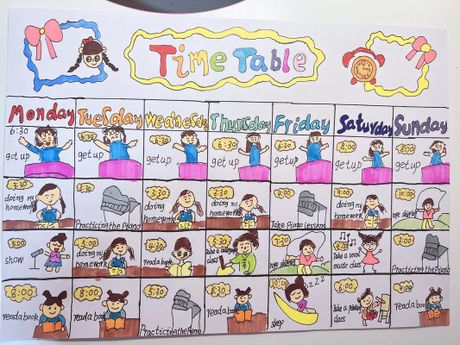在英语中,"计划"可以有多种表达方式,取决于具体的语境和使用场合。以下是一些常见的表达:

1. Plan
最直接的表达是"plan",它可以作为名词或动词使用。例如:
- We need to make a plan for the weekend.(我们需要为周末制定一个计划。)
- She is planning her vacation.(她在计划她的假期。)
2. Schedule
"Schedule"通常指的是时间表或日程安排。例如:
- Can you send me your schedule for next week?(你能把下周的日程表发给我吗?)
- The meeting is scheduled for 10 am.(会议定于上午10点。)
3. Agenda
"Agenda"通常指的是会议或活动的议程。例如:
- Let's put that on the agenda for our next meeting.(让我们把那件事列入下次会议的议程。)
- What's on the agenda today?(今天议程上有什么?)
4. Blueprint
"Blueprint"通常用于比喻意义,指的是详细的计划或方案。例如:
- They have a blueprint for the new project.(他们有新项目的详细计划。)
- The blueprint for the city's development includes new parks and schools.(城市发展的计划包括新的公园和学校。)
5. Strategy
"Strategy"指的是为实现目标而制定的长期计划或方法。例如:
- We need to develop a new marketing strategy.(我们需要制定一个新的营销策略。)
- The company's strategy for growth includes expanding into new markets.(公司的发展战略包括开拓新市场。)
这些表达可以根据具体的语境和需要进行选择和搭配,以准确地传达"计划"的概念。